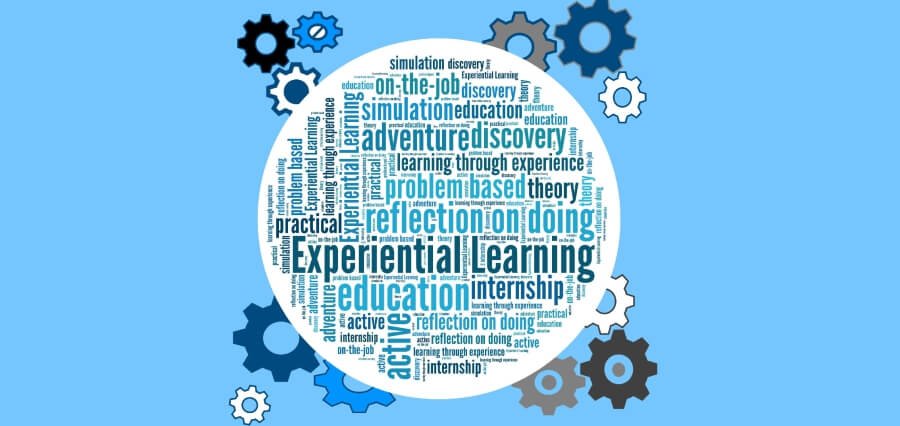Experiential learning is not just a teaching method; it’s a paradigm shift in education. In this article, we’ll delve into the depths of experiential learning, exploring its nuances, benefits, challenges, and real-world applications.
What is Experiential Learning?
At its core, experiential learning involves learning through experiences. It’s an immersive approach where learners actively engage with the subject matter. By doing so, they absorb knowledge more effectively, connecting theory to practice seamlessly.
Types of Experiential Learning
Experiential learning takes various forms, from hands-on projects and simulations to internships and study abroad programs. Each type caters to different learning styles, ensuring a holistic educational experience.
Benefits of Experiential Learning
The advantages are manifold. Learners not only grasp concepts better but also develop critical skills like problem-solving and teamwork. The application of theoretical knowledge in real-world scenarios enhances understanding and retention.
Examples in Education
From science experiments in classrooms to interactive workshops, educational settings offer ample opportunities for experiential learning. It’s about turning traditional lessons into engaging experiences that leave a lasting impact.
Integrating Technology
In the digital age, technology plays a pivotal role in experiential learning. Virtual reality, simulations, and online platforms create immersive environments, bringing the learning experience to new heights.
Challenges and Solutions
While implementing experiential learning, challenges may arise, such as resource constraints and logistical issues. However, creative solutions and strategic planning can overcome these hurdles, ensuring a smooth learning journey.
Success Stories
Real-life success stories underline the transformative power of experiential learning. These anecdotes inspire and showcase the tangible benefits of this educational approach.
The Role of Instructors
Facilitators are instrumental in guiding experiential learning. Their role goes beyond traditional teaching; they become mentors, guiding students through their learning journey, fostering curiosity and exploration.
Case Studies
Examining specific cases illustrates how experiential learning can address real-world problems. These case studies provide insights into the effectiveness of this approach across diverse fields.
Importance in Career Development
Experiential learning is not just about academic growth; it significantly contributes to career development. Employers value hands-on experience, making experiential learners well-prepared for the professional world.
Experiential Learning vs. Traditional Methods
Comparing experiential learning with traditional methods highlights the advantages of the former. The dynamic, interactive nature of experiential learning stands in stark contrast to the passive nature of traditional classroom settings.
Creating Effective Experiences
Designing impactful experiential learning experiences requires careful planning. This section offers tips and strategies for educators to create memorable and effective learning opportunities.
Future Trends
As education evolves, so does experiential learning. Explore the future trends shaping this educational approach, from personalized learning experiences to the integration of AI in educational simulations.
Conclusion
In conclusion, experiential learning transcends conventional teaching methods, offering a dynamic and immersive educational experience. Embrace the power of experiential learning, unlock your potential, and pave the way for a future enriched with knowledge gained through meaningful experiences.
FAQs
Q: How does experiential learning benefit students in the long run? Experiential learning enhances critical thinking, problem-solving, and collaboration skills, providing students with a holistic foundation for lifelong learning and career success.
Q: Can experiential learning be applied in online education? Absolutely. Virtual simulations, interactive modules, and collaborative online projects are effective ways to implement experiential learning in the digital realm.
Q: Are there any age restrictions for experiential learning? No, experiential learning is adaptable to all age groups. From kindergarten to professional development programs, the principles remain relevant.
Q: How can educators overcome resource constraints in implementing experiential learning? Creative solutions, partnerships with local businesses, and leveraging digital platforms can help educators overcome resource constraints.
Q: What industries benefit the most from experiential learning approaches? Industries requiring practical skills, such as healthcare, engineering, and the arts, significantly benefit from experiential learning approaches.
Q: Is experiential learning time-consuming for educators to implement? While initial planning may require time, the long-term benefits for both educators and students outweigh the initial time investment.
